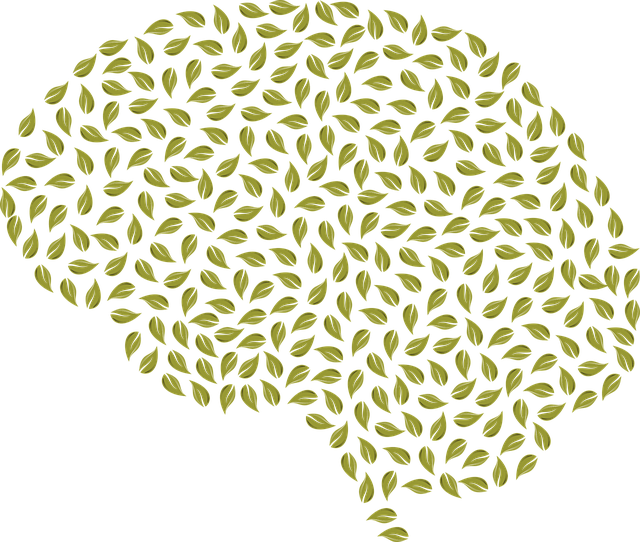TL;DR:
Boulder Adjustment Disorder Therapy (BADT) emphasizes coping skills as vital for managing stress and maintaining mental well-being, especially during significant life changes. Through therapy, self-awareness exercises, and emotional intelligence training, individuals learn to identify triggers, understand their strengths and vulnerabilities, and employ effective stress management techniques like mindfulness and physical activity. BADT integrates these skills into self-care practices to foster resilience and enhance overall success, preventing burnout and depression in new environments. Mental health policy analysis and advocacy further support creating supportive communities that normalize open discussions about mental health.
Coping skills are essential tools for navigating life’s challenges, especially in managing conditions like Boulder Adjustment Disorder. This article delves into the significance of these skills and their profound impact on mental well-being. We explore effective strategies for developing robust coping mechanisms, offering insights tailored to individuals seeking personal growth. Furthermore, we discuss how integrating specific coping techniques into Boulder Adjustment Disorder Therapy can enhance treatment outcomes and foster resilience.
- Understanding Coping Skills and Their Role in Mental Well-being
- Strategies for Developing Effective Coping Mechanisms
- Integrating Coping Skills into Boulder Adjustment Disorder Therapy
Understanding Coping Skills and Their Role in Mental Well-being

Coping skills are the strategies we use to navigate life’s challenges and maintain our mental well-being. They act as a buffer between us and stressful situations, helping us adapt and find balance. Developing robust coping mechanisms is essential for everyone, but it’s particularly crucial for individuals dealing with adjustments, such as those facing Boulder Adjustment Disorder. In therapy, self-awareness exercises and emotional intelligence training play significant roles in cultivating healthy coping skills.
By increasing self-awareness, individuals can better understand their triggers, strengths, and vulnerabilities. This knowledge equips them to employ effective stress management techniques when faced with challenging situations. Ultimately, investing time in building emotional intelligence and practicing self-care through various coping strategies enables people to lead more fulfilling lives, even amidst life’s ups and downs.
Strategies for Developing Effective Coping Mechanisms

Developing effective coping mechanisms is a crucial part of managing stress and promoting mental well-being. One powerful approach is to integrate various strategies into daily routines, drawing from practices like Boulder Adjustment Disorder Therapy (BADT). BADT encourages individuals to identify their unique triggers and develop personalized responses, fostering resilience. This involves recognizing when stress levels rise and employing techniques such as mindfulness meditation, deep breathing exercises, or engaging in physical activity to mitigate the intensity of emotional reactions.
Additionally, mental health policy analysis and advocacy play a significant role in coping skill development on a broader scale. By understanding and advocating for policies that support burnout prevention and depression prevention, individuals can create a more supportive environment for themselves and others. This collective effort contributes to a healthier society, where accessible resources and open discussions about mental health are normalized, ultimately empowering people with the tools they need to cope effectively.
Integrating Coping Skills into Boulder Adjustment Disorder Therapy

Integrating coping skills into Boulder Adjustment Disorder Therapy (BADT) is a pivotal step in helping individuals effectively navigate their challenges. BADT, designed to address the unique adjustments required when moving to a new environment, recognizes that emotional well-being is intrinsically linked to overall success and satisfaction. By incorporating techniques that foster emotional intelligence, participants gain a deeper understanding of their emotions and learn to manage them constructively.
This approach goes beyond mere problem-solving; it emphasizes the importance of self-care practices as integral tools for mitigating stress and anxiety, which are common symptoms associated with significant life changes. Through structured activities and guidance, individuals acquire a repertoire of coping strategies tailored to their personal needs, enabling them to better handle the uncertainties and challenges inherent in settling into a new location.
Coping skills development is a vital component of mental well-being, especially in managing conditions like Boulder Adjustment Disorder. By understanding and implementing effective coping strategies, individuals can enhance their ability to navigate life’s challenges. The integrated approach of Boulder Adjustment Disorder Therapy highlights the importance of these skills, offering a comprehensive framework for personal growth and resilience. Through practical strategies discussed here, readers are empowered to take control of their mental health and lead more fulfilling lives.














